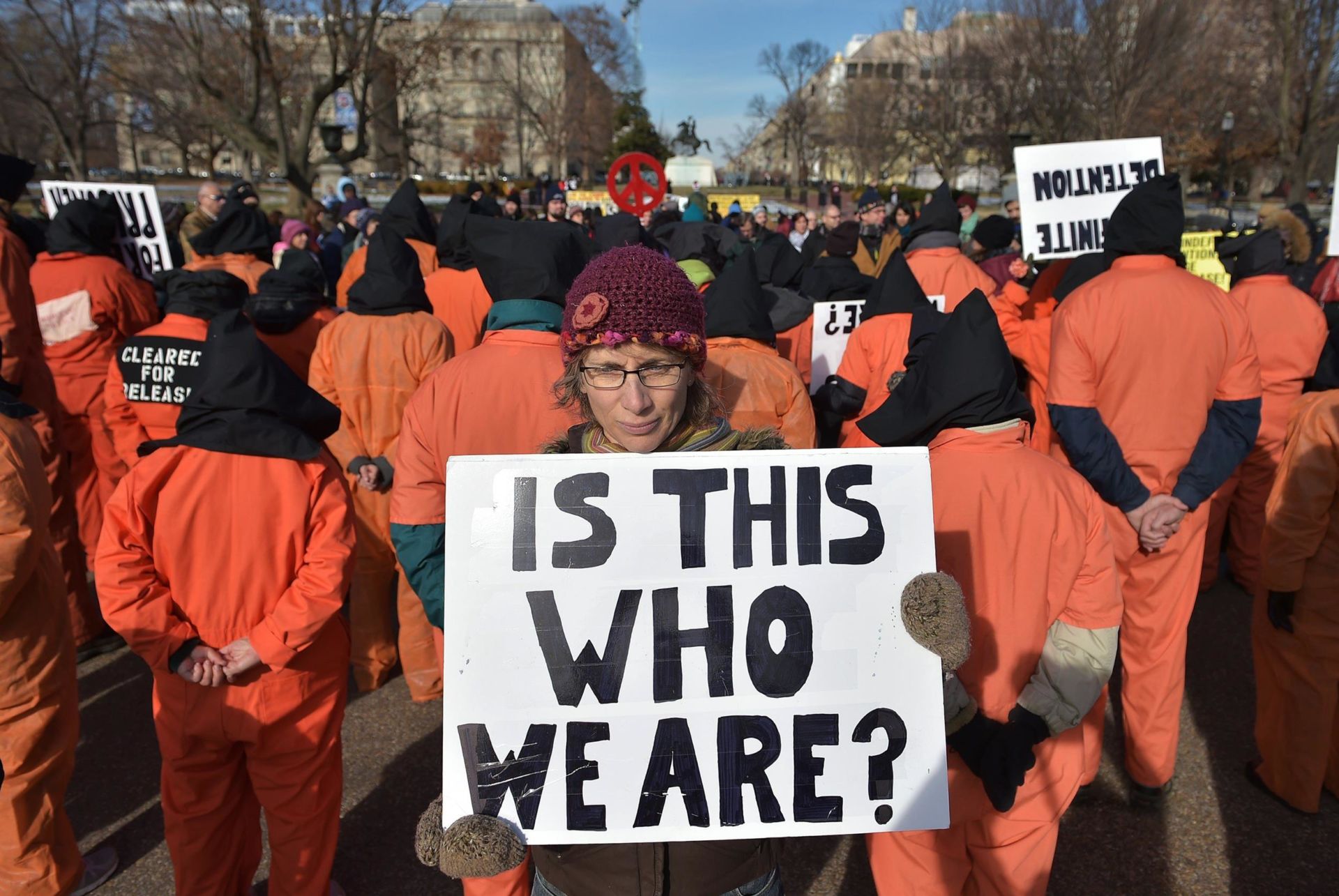After the terrorist attacks in the USA on 11 September 2001, the George W Bush administration declared a ‘War on Terror’, and with that the establishment of Guantanamo Bay: a place for the US authorities to hold people perceived to be ‘enemy combatants’ in this war.
Being a facility where international law isn’t applied, the facility has received a lot of criticism for practices that directly violate human rights declarations that the US has ratified, such as the Universal Declaration of Human Rights (UDHR ). Some of these practices include unlawful torturing and interrogating and unfair or nonexistent trials for men being held with no or limited evidence.
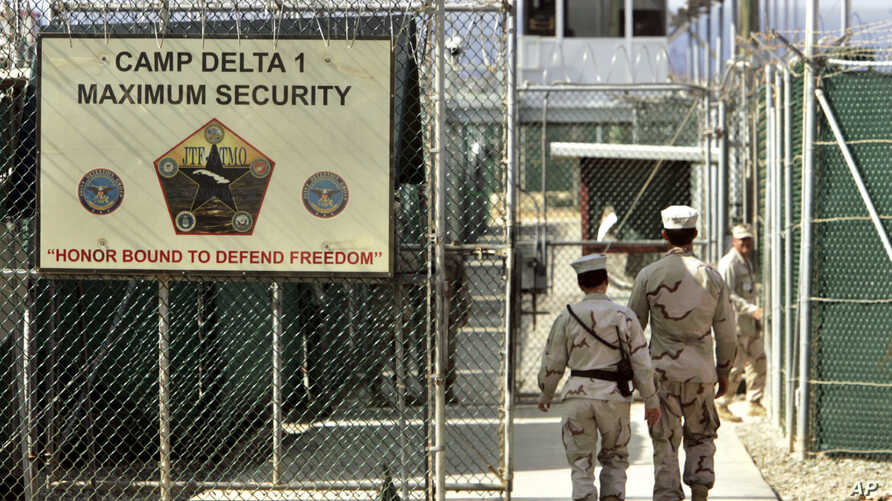
The alleged interrogation practices in this facility which have been many times regarded as torture, directly contradict 10 of the 30 Articles in the UDHR, including Article 5: No one shall be subjected to torture or to cruel, inhuman or degrading treatment or punishment and Article 8: Everyone has the right to an effective remedy by the competent national tribunals for acts violating the fundamental rights granted him by the constitution or by law.
In response to criticism from human rights advocates, the Bush administration argued the detainees should not receive constitutional protections as they are not held on US soil – an idea rejected by the Supreme Court in 2004.
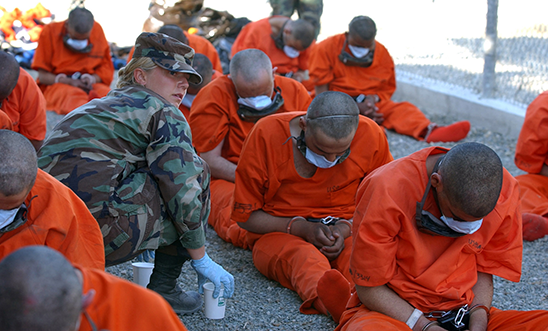
Defenders of the facility argue that the ends justify the means; that such methods were necessary to allow the US to fight terrorism; and finally, that Guantanamo Bay has played an invaluable role in the war against terrorism. It has helped to keep these dangerous criminals off the battlefield and allowed for lawful interrogations to take place in the facility, preventing the suffering and death of multitudes.
Yet, out of the 780 known detainees, most of them, a whopping 731, were released without charges after being detained for years without evidence or connection to any kind of terrorist organization. Many of these men have testified to witnessing and suffering torture without the aims of information gathering. This brings into question the legitimacy of the reasons why these men were kept in the facility.
Related Article: The Threat to Human Rights Posed by Anti-Terrorist Laws after 9/11
To a certain extent, the alleged actions on the facility could be regarded as ”unlawful use of violence and intimidation in the pursuit of political aims”. That is one of the many definitions of a terrorist act, making American actions in Guantanamo Bay seem even more hypocritical since the whole objective of the facility is to help fight terrorism.
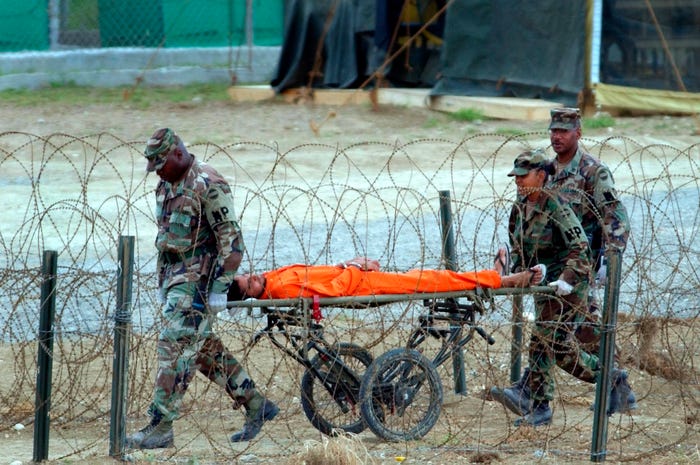
When Obama’s administration decided to close the facility as he believed operations there were “contrary to our values”, it was seen as yet another form of American hypocrisy. America expected other countries to do what it refused to do – take in these prisoners that had been held at the facility for more than ten years.
This was the major challenge for closing the facility. And it was the main reason why it remains open. Additionally, the United States has many times criticized human rights violations in countries such as China, Iran, and Venezuela, stating that the actions of these states are “responsible for creating a social environment that encourages corruption, violent conflict, and terrorism.”
In one international meeting, Secretary of State Mike Pompeo said that the US had access to official documents which “detail the Chinese party’s brutal detention center and systematic repression of Uighurs and members of other Muslim minority groups in Xinjiang”. In the same conference, he called on the Chinese government to immediately release all of those who are arbitrarily detained there.
All of these examples illustrate how the actions on Guantanamo Bay can be regarded as hypocritical since they do not conform with moral standards and beliefs that the United States government says it holds and imposes on other countries.
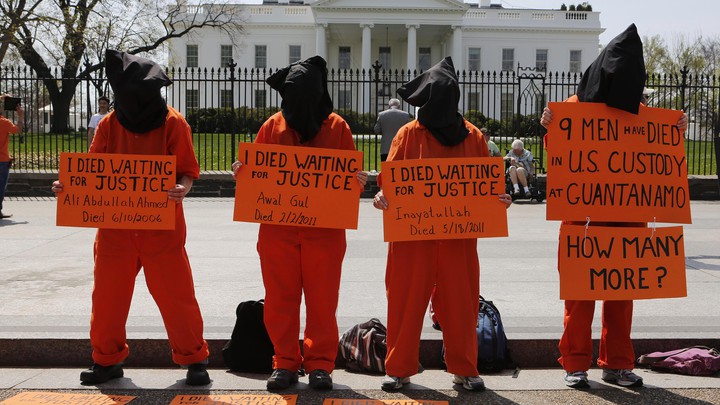
While the United States has suffered greatly as a target of terrorism in the past, and American actions in Guantanamo Bay could be explained as a way to avoid possible future terrorist attacks, it can also be argued that the lack of evidence against more than 95% of the men that were held in that facility for so long isn’t justified.
In my opinion, the United States is a powerful country, and certainly holds the means and power to gather evidence against those whom they believe to be enemies of the State. Therefore, to imprison for multiple years men who are seen under international law as innocent citizens, without the right to a fair trial and subjecting them to interrogation, regardless of such being lawful or unlawful, can be viewed as a clear violation of human rights. Such actions go against the morals and values that the United States holds dear and imposes in other circumstances.
EDITOR’S NOTE: The opinions expressed here by Impakter.com columnists are their own, not those of Impakter.com.
In the Featured Image:
Guantanamo Protesters Rally at White House on 13th Anniversary. Source: NBC News


